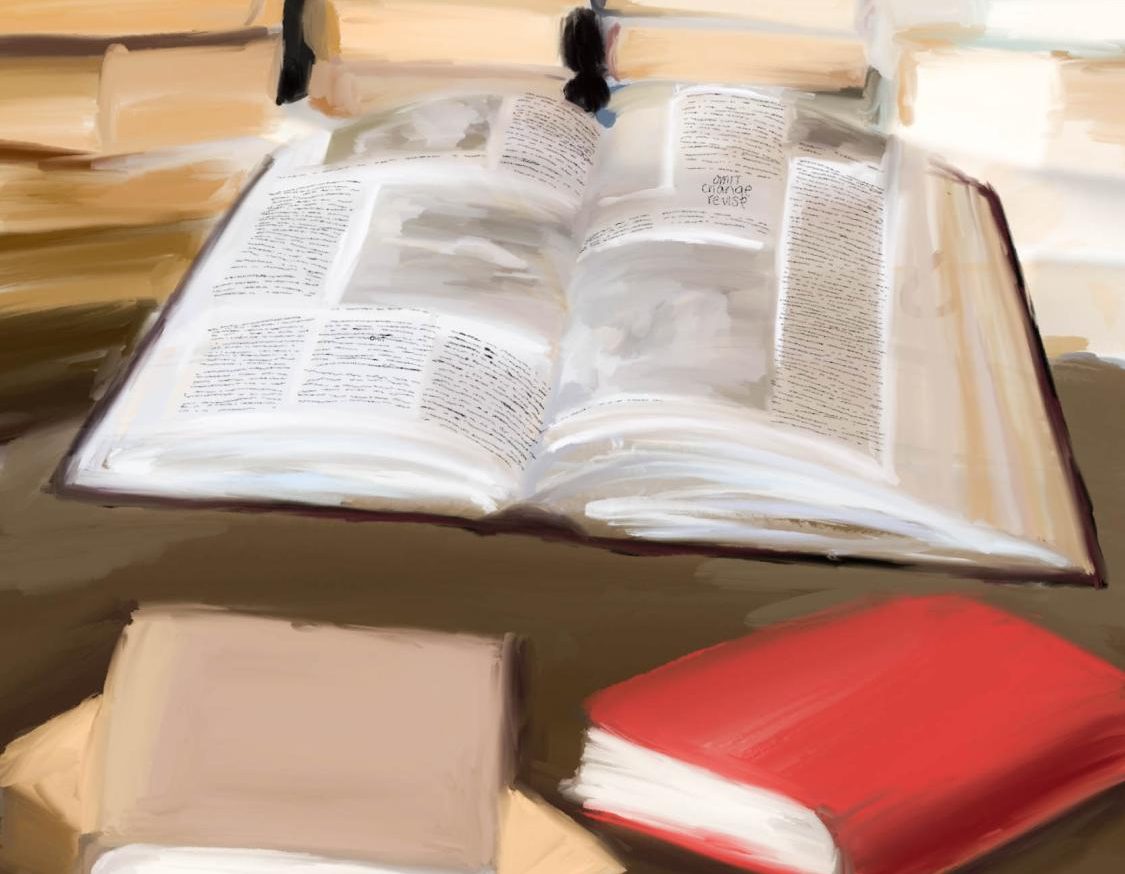Recent bills spark controversy about history education
February 1, 2022
Editor’s note: This story was part of the Jan. 19, 2022 in-depth package that won best series/project in the Dallas Morning News high school journalism contest. It also won first place for in-depth news/feature packages in the 2022 ILPC contest. It also won superior in-depth package, then went on to win Best of the Best in the 2022 TAJE Best in Texas contest.
Local conflict
During 2021, conversations about how history should be taught popped up across the state. Ranging from parents to lawmakers, different groups voiced their desire to change certain parts of how kids learn history.
Locally, Southlake Carroll ISD has been at the center of multiple racial controversies regarding diversity training programs and a recent comment by administrator Gina Peddy.
“Just try to remember the concepts of [House Bill] 3979,” Peddy said. “And make sure that if you have a book on the Holocaust, that you have one that has an opposing, that has other perspectives.”
The comment was later denounced by superintendent Lane Ledbetter who said that the district “did not recognize two sides of the Holocaust.”
Around the same time, Carroll’s diversity committee was disbanded.
The committee was first made in 2018 and had a total of 63 community volunteers. In response to the national Black Lives Matter movement, the school proposed the Cultural Competency Action Plan (CCAP) which included cultural sensitivity training, a process to document discriminatory incidents and have a Director of Equity and Inclusion, similar to LISD. Most parents did not support the proposal because they felt it was reverse racism.
After a parent lawsuit in late 2020, the plan was blocked. Then a PAC made up of parents fundraised for three board members, who did not support the diversity committee. As a result the committee has been disbanded and CCAP has been rejected.
Laws about Critical Race Theory
To stop Critical Race Theory, two bills were passed in the spring by the Senate. HB 3979 was first passed in a close 18-13 vote after hours of debate, along with State Senate Bill 3, two bills that Governor Greg Abbott said were created to stop Critical Race Theory.
“House Bill 3979 is a strong move to abolish critical race theory in Texas, but more must be done,” Abbott said in a statement on his website.
Texas Lieutenant Governor Dan Patrick was also in support of the bill.
“This is why we don’t want critical race theory taught in schools,” Patrick said. “It breeds false narratives about our history.”
Junior Xander Colett-Bishop agreed with these politicians that said race should be removed from education entirely.
“I think really it’s none of the school’s business to teach us about race at all,” Colet-Bishop said. “I think… we should learn it outside of school.”
World and U.S. History teacher Lauren Kirby believes that changing how history is taught can be detrimental to students’ learning.
“Revising history is dangerous because teachers may teach things a certain way and then students may not fully understand the truth and the magnitude of the situation,” Kirby said.
One clause in HB 3979 prevents teachers from talking about current events unless they can “to the best of their ability, strive to explore such issues from diverse and contending perspectives without giving deference to any one perspective.”
Humanities teacher Debbie Brininstool thinks that these rules are unclear but that it is important for teachers to keep their personal opinions out of the classroom.
“I do think that we have a responsibility, certainly as classroom teachers, to make sure that we’re not driving an agenda,” Brininstool said.
Junior Tabor Haigh believes that biases can be harmful to the education of students.
“I really do believe that biases should be removed from historical facts,” Haigh said. “It’s not only a detriment to students, because it can be a big detriment to society.”
Black history
One problem some minority students express is that the parameters imposed by the bill affect how Black history is discussed in the classroom. Black History Club member and senior Nichol Chibuzor-Muko believes that it is important to discuss social issues and current events in the classroom.
“I feel that talking about it should definitely be normalized, and it shouldn’t be very taboo, or something that makes people uncomfortable,” Chibuzor-Muko said. “It’s better that we learn from history than repeat it.”
Senior Jazlyn Holmes believes students receive valuable life experiences when discussing race in school.
“I think that exposing kids to real world issues now in the classroom is going to prepare them a lot more for when they get outside of it,” said Holmes. “They go to school with different races, sexualities of people, and it’s going to be like that in the real world.”
Senior Dylan Stiggers said the conversations at school about Black history are not broad enough.
“If we talk about Black history, we talk about slavery,” Stiggers said. “And that’s all I hear about…Can we talk about something like a little more positive like what we’ve accomplished?”
Holmes also believes that the Civil Rights movement has been downplayed and only certain figures and aspects of it are taught repetitively.
“Historically, there’s a lot more that goes into it than just the Little Rock Nine or the march against Washington, or the ‘I Have a Dream’ speech,” Holmes said.
With these new restrictions, U.S History teacher Kaitlyn Wilson states that it is imperative to remain factual when discussing significant events.
“I think that making sure that events are told factually is incredibly important,” Wilson said. “Ensuring that the right discussions are being held to maintain accuracy is especially important.”
